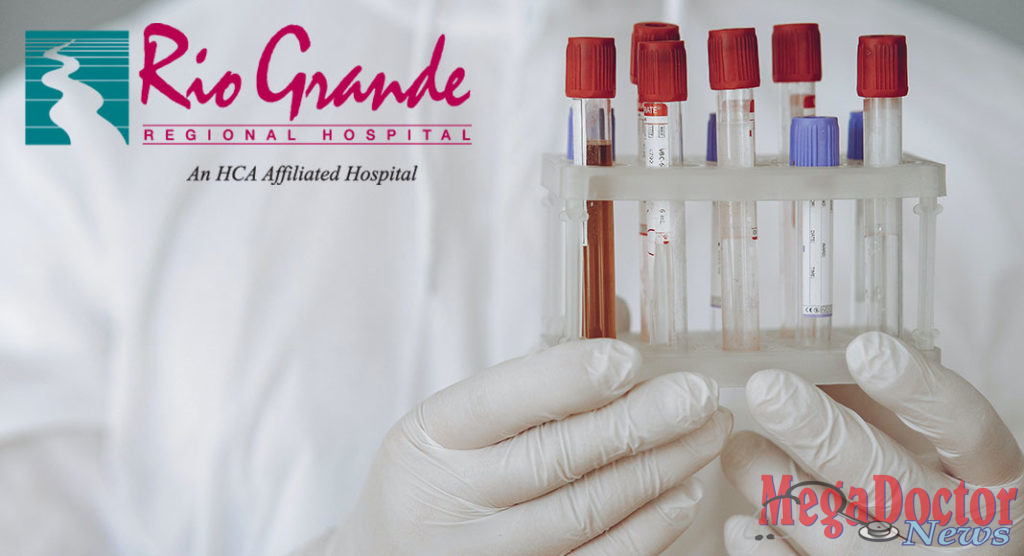Hospitals currently seeking plasma donations from recovered COVID-19 individuals to potentially help critically ill patients

Mega Doctor News
McAllen, TX – Rio Grande Regional Hospital is participating in a national study to determine if plasma from convalescent, or recovered, COVID-19 patients may benefit individuals currently hospitalized with severe or life-threatening cases of the virus. As part of the effort, hospitals are seeking eligible volunteers to donate plasma to help current patients in need.
“Rio Grande Regional Hospital is excited to take part in such an important and revolutionizing study. I would like to ask the community to help spread awareness about plasma donation for patients facing COVID-19 not only in McAllen or South Texas but also around the world,” said Cris Rivera, Chief Executive Officer at Rio Grande Regional Hospital.
To date, there is no proven therapy for individuals who are diagnosed with COVID-19, but there is a long history of successful viral infection treatment using convalescent plasma. After someone is infected with a virus like COVID-19 and recovers, their blood contains antibodies that their immune system produced to help them fight off the virus. By infusing this plasma into patients who are facing severe cases of COVID-19, their immune system might more effectively be able to fight the virus. Recent examples of this approach have occurred during outbreaks of coronaviruses like SARS-1, and Middle East Respiratory Syndrome (MERS), but additional clinical data – and more plasma donations – are needed to determine efficacy in treating COVID-19.
“This trial is just the first step, but hopefully it will help us determine if convalescent plasma transfusions could be a treatment in critically ill patients with COVID-19 and improve chances of recovery, through the expanded access program,” said Adriana Gomez, MD, Hospitalist at Rio Grande Regional Hospital and HNI Healthcare Regional Medical Director for South Texas. “To date, we have not performed a plasma transfusion at the hospital but we are optimistic that as individuals continue to recover from COVID-19 we will soon see an increase in plasma donations in our community, which may help save someone’s life.”
The success of the study hinges on the continued collection of plasma from recovered COVID-19 patients. People who tested positive for COVID-19 and have since tested negative can help by donating plasma through the American Red Cross or another local donation center. To find out more about the donation process, eligibility, and locations to donate in the Rio Grande Valley call COVID-19 Plasma Phone Line at (833) 582-1971.









